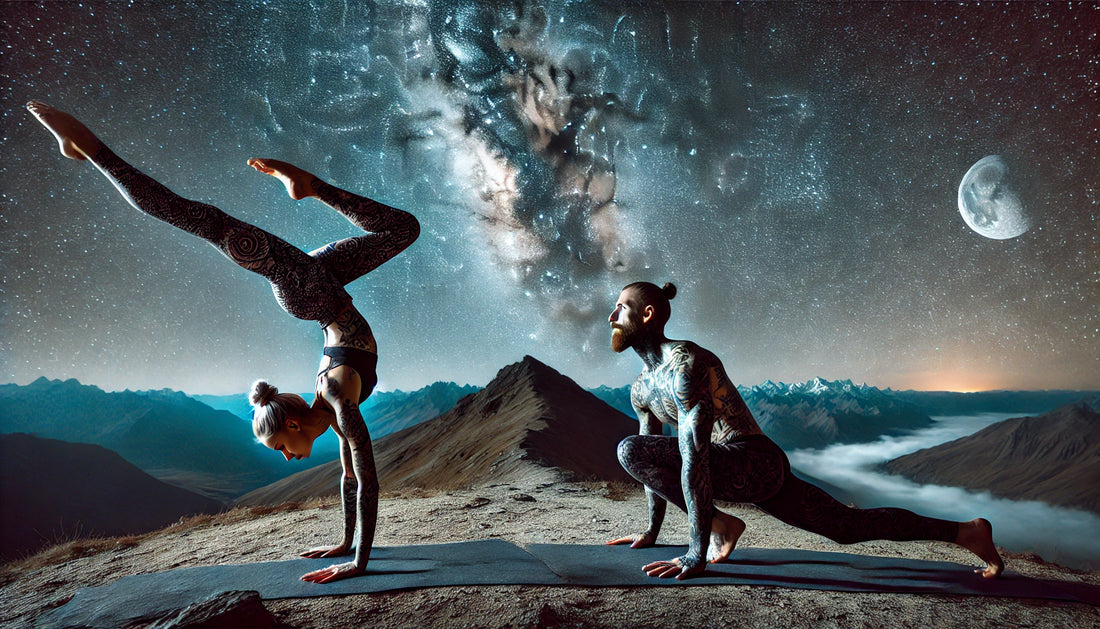Physicists, neuroscientists, psychologists, and philosophers often overlook how the universe's emotional or energetic states mirror our own emotional states.
We must start by contemplating this idea and eventually strive to put reliable math behind it. The universe unfolds much like the human mind. Both have a moment of birth that we don't fully understand. This raises the question of what was happening before that moment of birth. In the womb, we existed in a different world, a completely different state of consciousness. Then, boom, we enter a vastly different realm of material objects, sights, sounds, and sensations.
The material world we inhabit in our physical bodies, which we identify as self, is really just in an embryonic stage. Even at 99 years old, we're in the final stages of being a fetus, turning into a baby, and then eventually facing the death of the physical body. After death, consciousness enters another realm. It can't return to the same realm in the same moment or previous moment. This is where confusion about reincarnation arises. Some believe there is just one world, one universe, and when a conscious creature dies, its spirit returns to the same realm. However, the chances of a spirit returning to the same realm in an infinite number of worlds are incredibly slim.
When we look at the emptiness of space, it appears empty only because our instruments are inadequate to peer into the quantum level of what seems like nothingness. What appears as nothing is actually infinite potential—particles and dormant energy fields so complex that we have yet to conceive of their existence, let alone understand how they work.
What we think of as empty space gravitates towards the energy waves from the dreams and thoughts of all creatures in all universes, forming the first group of charged particles—charged by the imagination on a larger scale than our universe.
